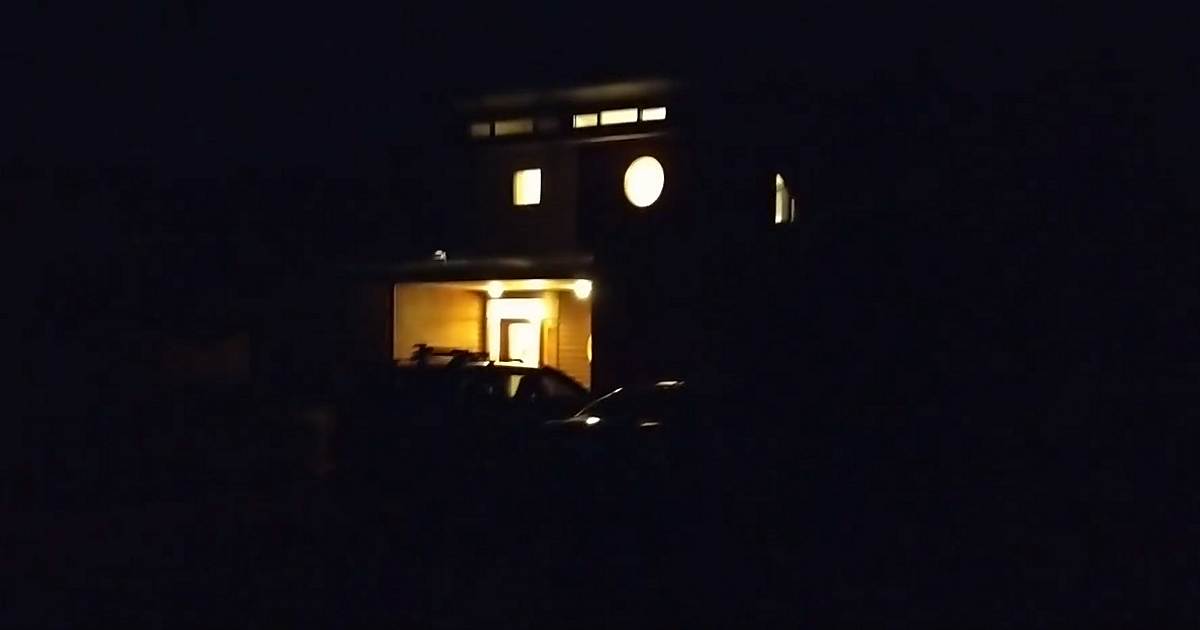
If you have solar panels and want to get a home battery for blackout protection, make sure you get the right one – and that it’s properly installed.
Blackouts in the suburbs of Australia’s major cities are rare and short – usually. A recent exception to the rule was/is in South Australia where severe weather has caused damage to power supplies. Extreme weather events are expected to become more frequent and more impactful as a result of climate change and population growth.1.
It is understandable that some households with solar power systems think more about getting a battery at home to protect against blackout situations. But looking at the various comments in the media coverage about SA’s blackouts shows some home battery owners who were shocked to discover that their energy storage systems had no use during the event.
Solar Battery Off Capabilities
SolarQuotes founder Finn Peacock has seen the confusion in the past about home backup2 combined descriptions of different battery capability levels. Briefly, the four levels are:
- Level 0 – No backup capability whatsoever. In a blackout, you are in the same boat as your neighbors.
- Level 1 – Some backup, but with reduced battery capabilities.
- Level 2 – Provides backup with full functionality; but the battery system cannot charge from the solar panels on the roof during a blackout event.
- Level 3 – Full battery functionality, and you can charge your batteries from your solar panels while the mains grid is inactive.
Not understanding or knowing the differences is one of the main mistakes when buying a home battery.
But even with an energy storage solution capable of “Level 3” backup, care must be taken in how it is implemented and used. What is known as “whole house” backup can be a problem if you do not know a blackout has occurred and use electricity every normal; draining the battery faster than you can.
In the scenario of a blackout that starts during the day – and if it is a day where the conditions for solar energy generation are not good – a home may also find itself in the dark at night. This is why it may be wise to only have backup powering essential circuits.
As home energy storage is a big financial expense and a purchase you will live with for a long time, it is important to know exactly what the capabilities of a battery are in a blackout situation. and that the prospective supplier / installer understands your requirements. It should all be written as part of a contract.
Learn more about the 4 levels of home battery backup and what you should ask for, plus other important advice on buying a home battery. In addition, SQ’s popular solar battery comparison page introduces “off-grid” home energy storage solutions.
If you’re looking for installers who know their stuff and can help you keep the lights on (and other appliances) during a blackout event, SQ can help with solar/battery quotes.
Footnotes
- More of us = more people affected. ↩
- The photo used in this article shows Finn’s house during a blackout event a few years ago – the lights are still on thanks to a battery system with off-grid capabilities. ↩
